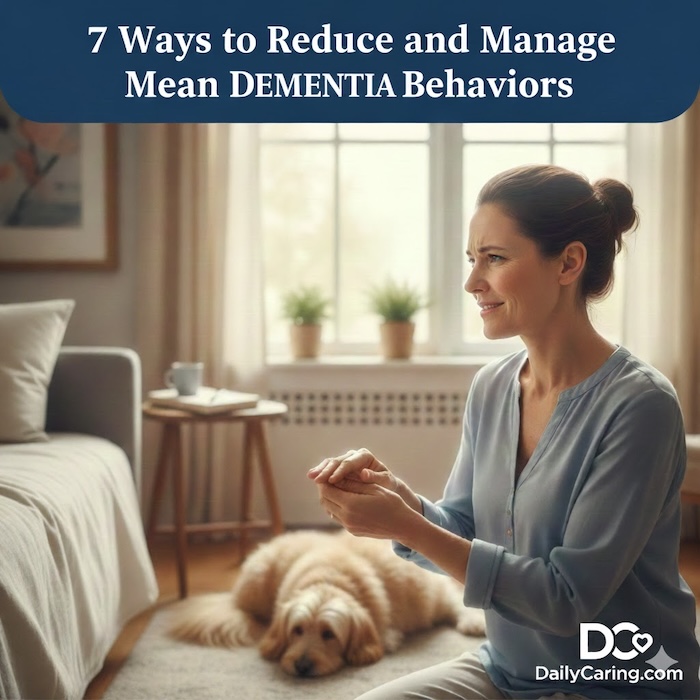How to Make Stairs Accessible
Learn how to make stairs accessible to reduce hazards and increase the autonomy of people with mobility limitations.
www.homedepot.com

 www.considerable.com
www.considerable.com




